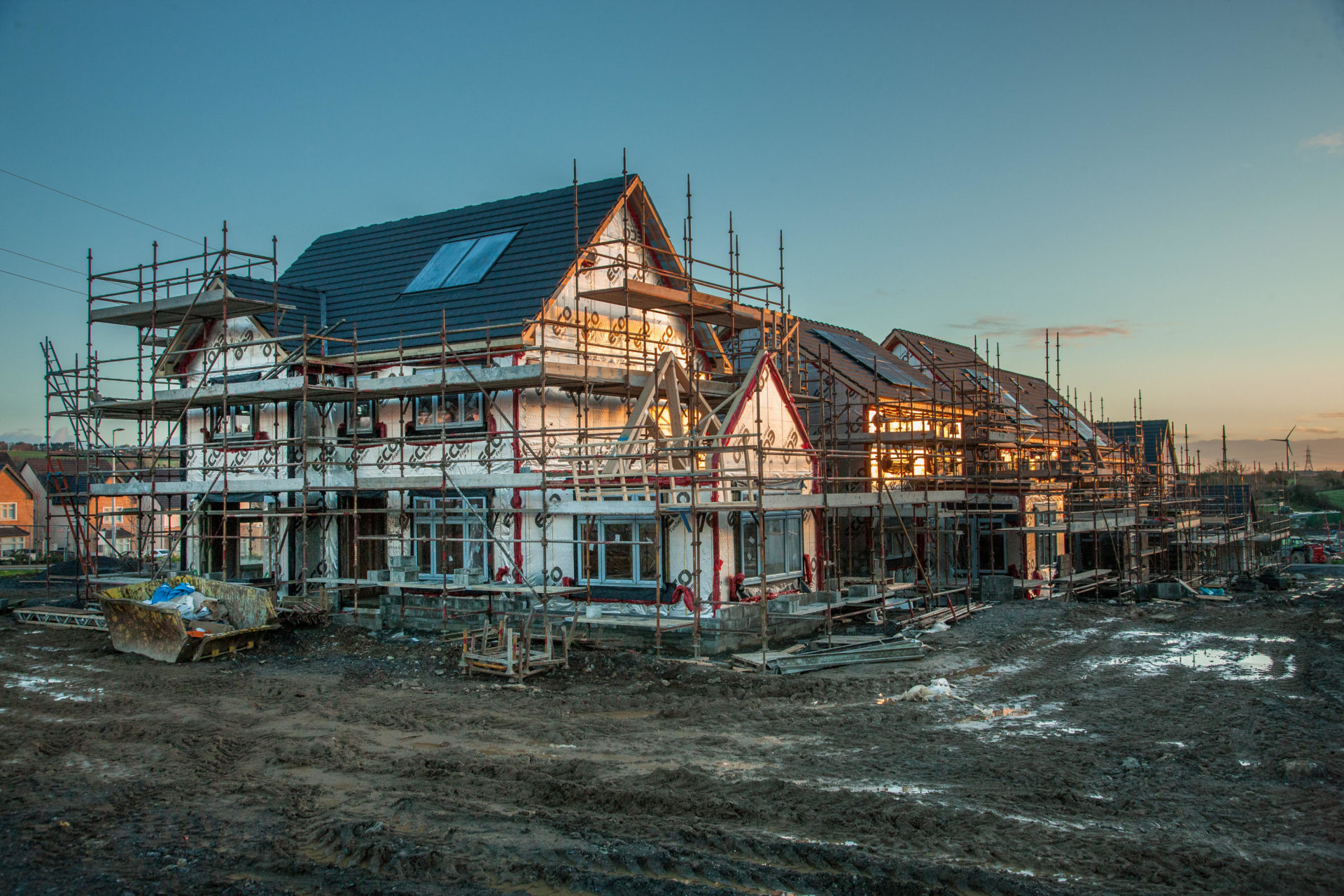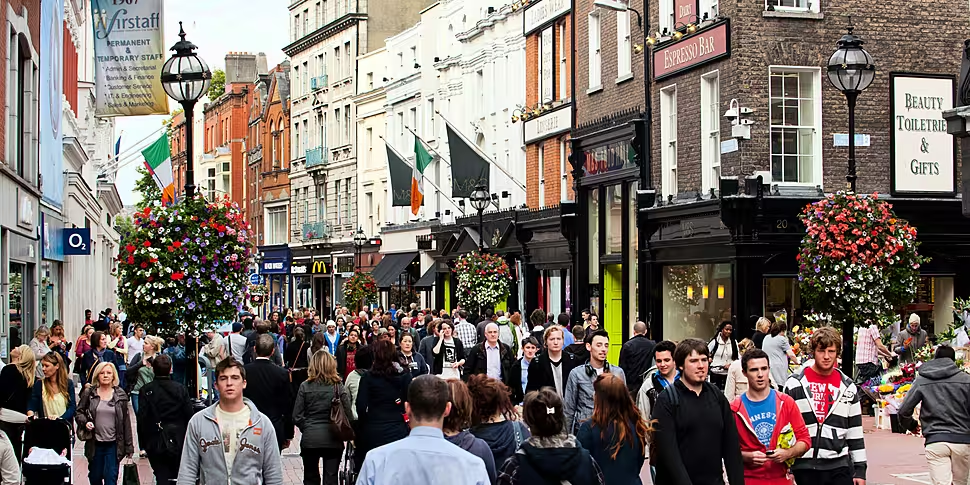The Central Bank has predicted average wage growth in the economy of 4.7% each year until 2026.
With inflation for energy and non-energy goods expected to drop to 2% this year, it means wages will rise faster than inflation.
In its quarterly review, the bank also forecast moderate domestic growth for the next two years, with historically low levels of unemployment.
Despite this, Director of Economics Robert Kelly said it is crucial to tackle the housing shortage if the economy is to remain stable.
“When we look at housing, what we would forecast in the bulletin is the amount of houses we expect to be delivered over the next three years,” he said.
“We’ve actually revised that up - mainly driven by the fact that our best guide to that is commencements and they’re running at about 34,000 in January.
“So, we expect to see in the mid-30s; about 35,000 in 2024 and then rising to about 37,000 in about 2027.”
 RKA153 Cork, Ireland. 10th Feb 2019. A new phase of 800 homes that are presently under construction at Janeville, outside Carrigaline, Co. Cork, Ireland.- Picture David Creedon / Anzenberger Credit: David Creedon/Alamy Live News
RKA153 Cork, Ireland. 10th Feb 2019. A new phase of 800 homes that are presently under construction at Janeville, outside Carrigaline, Co. Cork, Ireland.- Picture David Creedon / Anzenberger Credit: David Creedon/Alamy Live NewsMr Kelly added that delivery will depend on a variety of other factors.
“Financing is obviously a very significant component but also potential frictions within the system - such as planning and the amount of time it takes for planning,” he said.
“But also enablers like infrastructure [and] water services.
“So, very much we have the projection of those numbers rising over the next few years [but] they’re conditional on planning and infrastructure.”
Last year, 32,695 homes were built in Ireland.
Main image: Dublin City Centre. Image: ImageBROKER / Alamy Stock Photo









